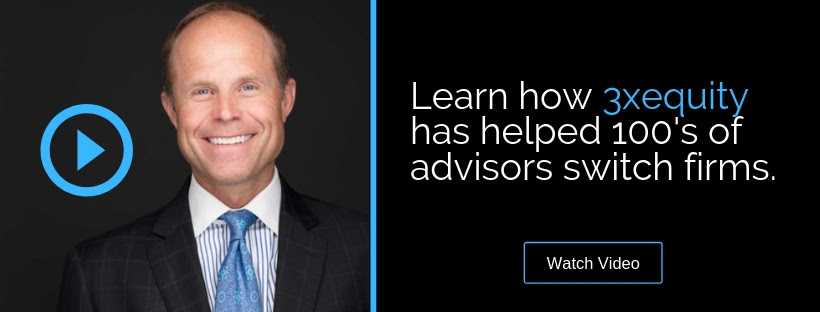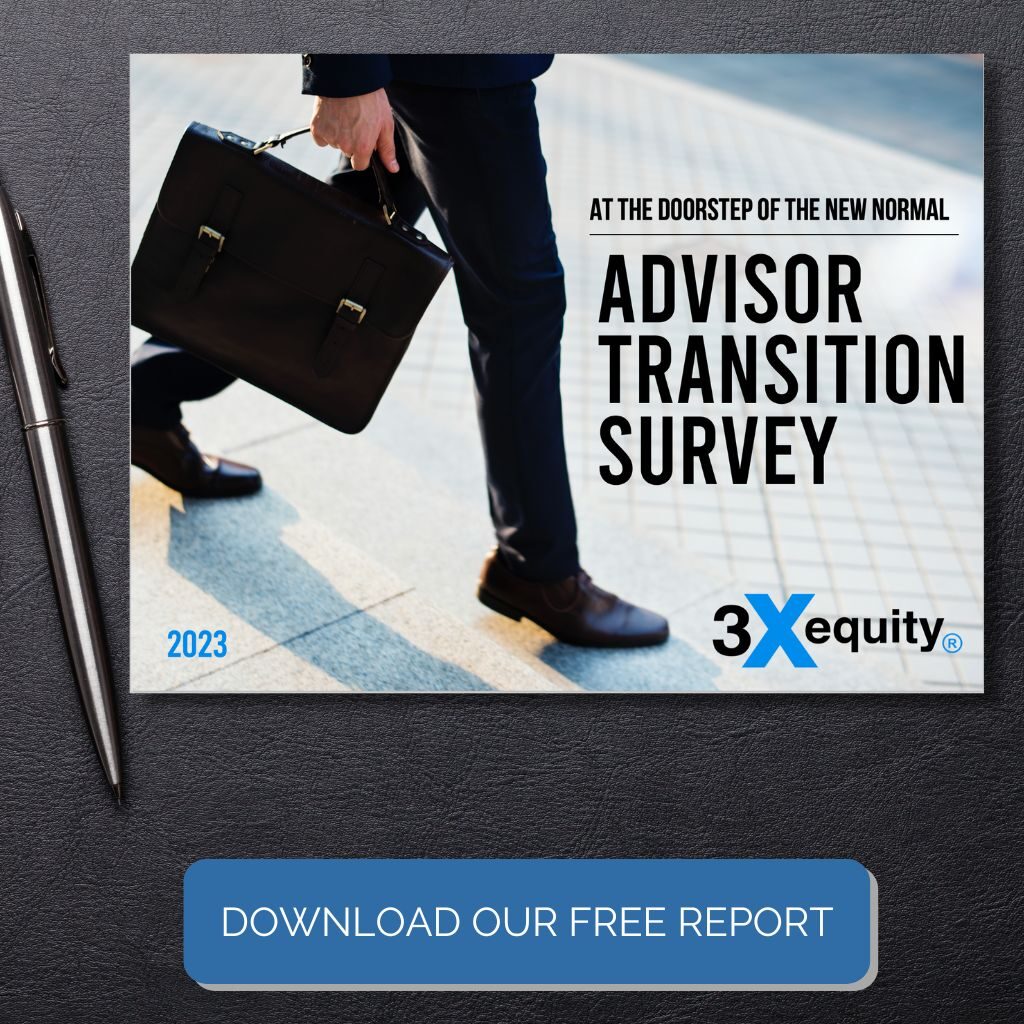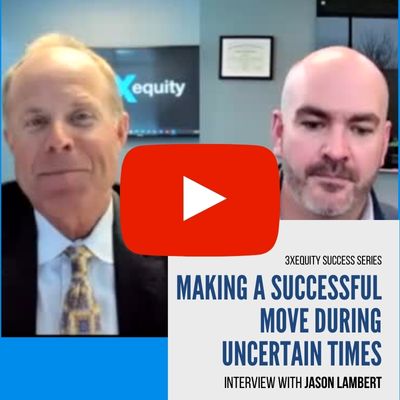Should it really be this way? Should the evaluation of the current market value of a business that you and your team have built, orchestrated, curated, given your heart and soul to each and every day for the last two decades, come down to sneaking off to the parking garage in an adjacent building to make a phone call to a recruiter to set up the next ‘secret’ lunch with a rival?
No, it shouldn’t be that way. You’ve earned the right to take a long look at what firm, platform, culture, and people deserve to become a partner in the next phase of your teams growth. But the recruiting process is never treated that way.
It is common knowledge that if you are discovered ‘shopping your book’ at the wires (ML, MS, UBS, WF), and most firms honestly, you are in danger of being fired for cause, fighting a U4/U5 battle, which reduces the value of your business, and dealing with questions and concerns from clients and prospects for years.
AdvisorHub continues to be the only site in wealth management that publishes recruiting deals (click to view). Why is that? Because recruiters remain afraid of running afoul of their recruiting contracts with one firm or another. Literally hundreds of recruiters know the architecture of these deals, attend annual recruiting consortiums at wealth management home offices each year, and deal with both management and executive leadership at each firm. But the fear of losing those contracts keep them in the relative shadows.
And it keeps advisors and their teams sneaking through back alleys, parking three blocks away, meeting in a ‘different town’, and using a burner cell phone to execute the process of evaluating the best home for their clients and the growth of their business going forward.
Meanwhile the rest of the world is swimming in transparency, competition, auctions, and ‘finding the best deal’ in an open and honest way. Amazon, Ebay, LetGo, CarMax, TruCar, BestBuy, etc, etc, etc. You can literally go anywhere and cross shop the cost of goods and choose your best deal (as you perceive it) free of any consequences.
Not so in the world of wealth management. If you are caught shopping your book, there could be trouble. We think this should change sooner than later.




